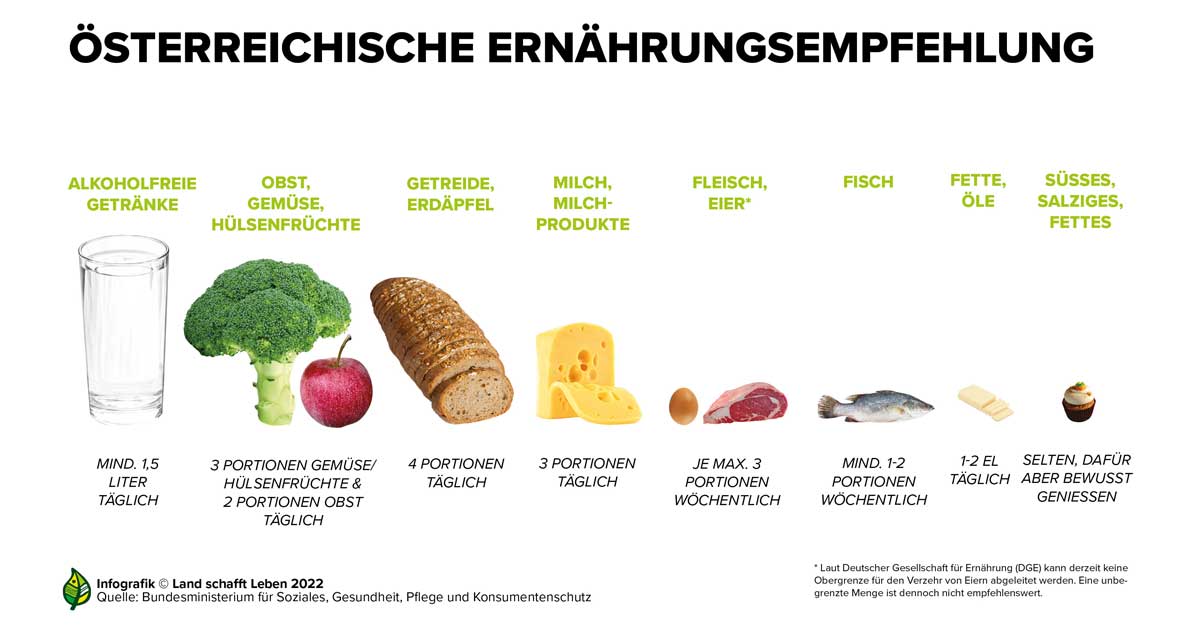

23 November 2024
 This week, the Austrian association 'Land schafft Leben', which is dedicated to informing the public about food-related issues with a focus on transparency and sustainability in food production, published insights into the latest findings on the eating habits of the country's population. This time, it was caused by the surge in the consumption of convenience foods. The growing popularity of convenience foods is accompanied by a transparency gap in food labels. In recent years, consumption of ready-made meals in Austria has skyrocketed, with spending on these convenience foods more than doubling over the past two decades. In 2023, Austrians consumed nearly twice as many convenience foods as they did 20 years ago, both in terms of volume and monetary value. While these products offer convenience, they come at a hidden cost to both health and transparency. Often seen as time-savers in busy households, ready-made meals have become an integral part of the Austrian diet. However, these foods tend to be more expensive than home-cooked meals and are less nutritious, often high in sugar, fat and salt. This over-reliance on processed foods is contributing to a growing health crisis in Austria. According to recent statistics, more than half of Austrian adults and nearly a third of children are overweight, a worrying trend linked to poor dietary choices dominated by convenience foods. Another pressing issue highlighted by the rise of convenience foods is the lack of transparency regarding the origin of ingredients. In Austria, food labels are not required to disclose where ingredients come from, leaving consumers in the dark. For example, ingredients such as eggs in ready-made cakes and lasagna may come from caged hens, but this information is often not included on the packaging. This lack of clear labeling makes it difficult for consumers to make informed choices, further complicating the food purchasing decision process. The call for healthier eating A recent report by 'Land schafft Leben', published on landschafftleben.at, underscores the importance of improving dietary habits in Austria. The organization's findings show that Austrian diets are not in line with recommended nutritional guidelines. Specifically, Austrians should consume more vegetables and fruits, while cutting back on meat, especially processed meat, sugary drinks and alcohol. Image: The Austrian food pyramid, presented here in a different form, lists the amounts of certain food groups on the menu, such as sweet, salty, and fatty foods, which are represented by the image of a sweet pastry that should be consumed rarely but enjoyed consciously. © Land schafft Leben, 2022. |
|
|